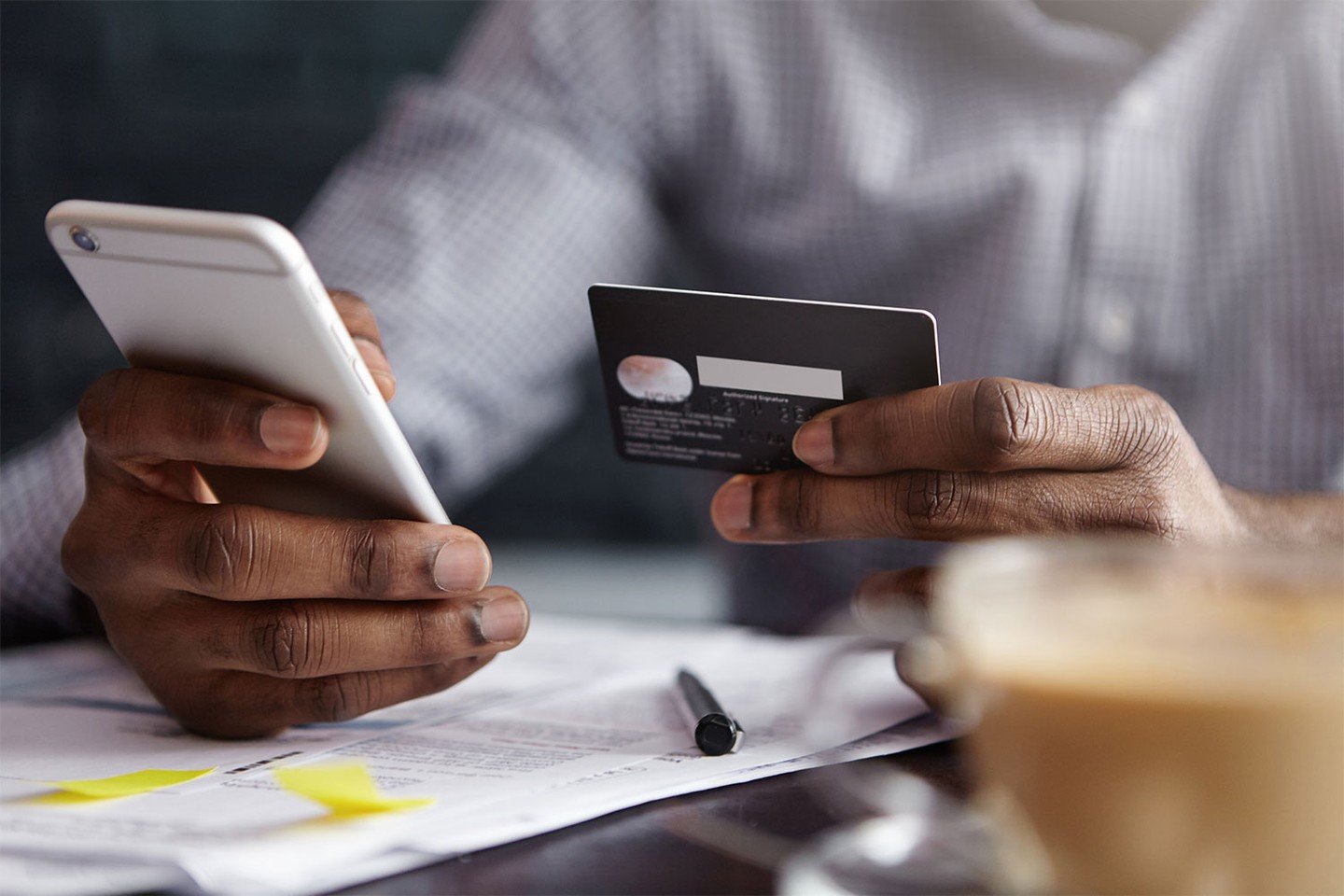Check your credit card offers
All the offers you see on ClearScore are tailored to your credit score and financial circumstances.
How to choose your first credit card
Know you want a credit card but unsure about which one to pick? Read ClearScore's guide to choosing your first credit card.

Check your credit card offers
All the offers you see on ClearScore are tailored to your credit score and financial circumstances.
We often get asked the question of how to choose your first credit card.
People are aware that having a credit card helps build your credit profile, which can be useful for securing mobile phone contracts, home loans and even jobs. But with all the different cards out there, how do you choose the right one?
The first step in choosing the right credit card is to understand what all the jargon means. Cards are usually advertised by their interest rates, introductory offers and rewards. Understanding and comparing these can help you in your quest for the right one.
The annual interest rate
The annual interest rate is a credit card’s yearly interest rate that you would be charged if you don't pay your balance each month.
For example, an annual interest rate of 15% means that if you carry a debt of R1000, over one year you will pay back approximately R150 more than the amount you borrowed*.
Generally, the lower the interest rate, the better. However, it's important to also check for any fees you might incur so you can calculate the true cost.
Credit limit
Your credit limit is the amount of money you can spend on the card. Those with high credit scores are often given higher limits as they have proven they can pay back their balance. If you have a lower credit score, it’s likely you’ll be given a lower credit limit. If you reach your credit limit too often it will affect your score as it will appear to lenders as though you rely too much on credit.
Minimum payment
The minimum payment on a card means the smallest amount due every month on your card. It’s usually calculated as a percentage of what you owe or a cash amount - whichever is larger. It also includes any interest due for the month, any charges for a missed payment and possibly part of the annual fee if there is one. Check your card for the specific terms relating to the minimum payment. As your debt balance gets smaller, so will your minimum payment, meaning the time taken to pay off your debts will increase. Therefore, it’s a good idea to pay more than the minimum amount each month. The more you pay off each month, the less interest you will accumulate and the quicker you will pay off your debt.
Fees
Credit cards often charge fees for late payments, going over your credit limit, withdrawing cash, using your card abroad and for balance transfers. Make sure you know what the fees are for a specific card so you’re not caught out. To avoid late payment fees, set up a direct debit to pay your balance in full every month.
Introductory offers
Cards often use introductory offers to entice consumers. They can be in the form of low interest rates, cash back or other rewards such as air miles.
A common introductory offer is 0% purchase cards, which charge you no interest to borrow money for the stated time period (some cards offer 0% for up to 27 months).
These are usually reserved for those with sufficient credit histories, so check your eligibility first. If you are lucky enough to be eligible, they can be a good option if you won’t be able to pay back your full balance within a month. If you do use a 0% purchase card, be sure to pay your balance in full by the time the offer ends so you’re not hit with high levels of interest.
Rewards
Many cards offer rewards to their users, such as cashback, loyalty points or air miles. For example, Standard Bank’s credit card offers UCount rewards, and various credit cards offer eBucks Rewards, which earns you cashback on select purchases.
Reward cards encourage spending and usually charge high interest rates. If you choose a reward card, it's usually a good idea to repay your balance in full every month to avoid paying this high interest. If there is no ‘repay in full’ option on your direct debit form, write ‘pay in full’ and call to check that your bank has understood.
If you don’t plan on paying your balance in full every month, it might make sense to choose a card with a low annual interest rate, not one based on its rewards.
Now you’re clued up on credit cards, the next step is to apply for one.
Eligibility
Before you apply for a credit card, make sure that it’s the right one for you. Read through the criteria carefully before you apply. Too many applications can damage your credit score. It’s also important that you have high eligibility for the card, as a rejection could also harm your credit rating, so make sure you've read the criteria first.
Check your credit score
To better understand your chance of being accepted, check your credit score before applying for a card. You can do so through a free service like ClearScore. ClearScore will show you a list of credit cards chosen for your credit profile, so you can compare your options.
Compare your credit card offers on ClearScore.
Limited credit history?
If you have a limited credit history or a ‘thin file’, you may have fewer credit card options. This is because lenders don’t have any proof that you will pay back what you owe so might be more hesitant to lend to you.
One option could be applying for a credit card with the bank you use for your current account, as they can access your financial history so could be more willing to lend to you.
Another option is to apply for a credit builder card. These often have high annual interest rates (some up to 30%) and low credit limits, but can be used carefully to build your credit rating. By using your credit card to pay a bill or a small amount each month, and setting up a direct debit to pay it back in full, you can steadily increase your credit score.
If you are a student, some banks offer specific credit cards for you. Nedbank and ABSA, for example, offer credit cards as part of their student current accounts. These also tend to have high interest rates and several fees, so it is best not to use them to borrow, and only if you want to build your credit history carefully.
Once you begin using your credit card, you’ve taken your first step on the financial ladder. By making payments on time, you will begin to build your creditworthiness and improve your credit score. This will be invaluable later on if you need to borrow more money, such as a home loan or a personal loan, and can increase your access to better rates.
It is important to get into good habits when you use a credit card. If you’re using a card with a high annual interest rate and don’t pay off your balance each month, the interest could spiral very quickly. Furthermore, try not to use your credit card for cash withdrawals, as you will be charged a fee.
Lenders make money from interest and fees, so make sure you keep on top of your finances and don’t end up paying more than you intended. Credit cards can be useful tools, but only if they are used with caution and responsibility.
Lucy has a wealth of personal finance knowledge, and is one of our in-house experts.
